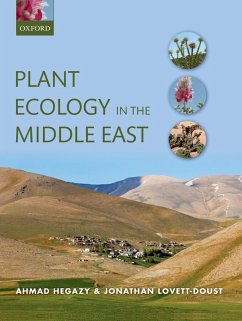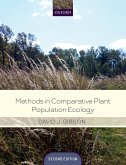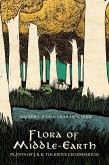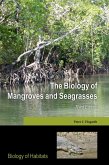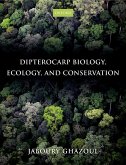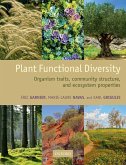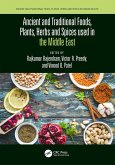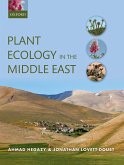This advanced textbook explores the intriguing flora and plant ecology of the Middle East, framed by a changing desert landscape, global climate change, and the arc of human history. This vast region has been largely under-recognized, under-studied, and certainly under-published, due in part to the challenges posed to research by political disputes and human conflict, and a treatise on the subject is now timely. The book integrates Middle Eastern plant geography and its major drivers (geo-tectonics, seed and fruit dispersal, plant functional types, etc.) with the principles of plant ecology. The authors include the many specialized adaptations to desert and dryland ecosystems including succulence, water-conserving photosynthesis, and a remarkable range of other life history strategies. They explore the formation of 'climate relicts', and describe the long history of domestication in the region together with the many reciprocal effects of agriculture on plant ecology. The book concludes by discussing conservation in the region, highlighting five regional biodiversity hotspots where the challenges of desertification, habitat loss, and other threats to plant biodiversity are particularly acute. Plant Ecology in the Middle East is a timely synthesis of the field, setting a new baseline for future research. It will be important reading for both undergraduate and graduate students taking courses in plant ecology, evolution, systematics, biodiversity, and conservation, and will also be of interest and use to a professional audience of botanists, conservation biologists, and practitioners working in dryland ecosystems.
Dieser Download kann aus rechtlichen Gründen nur mit Rechnungsadresse in A, B, BG, CY, CZ, D, DK, EW, E, FIN, F, GR, HR, H, IRL, I, LT, L, LR, M, NL, PL, P, R, S, SLO, SK ausgeliefert werden.

